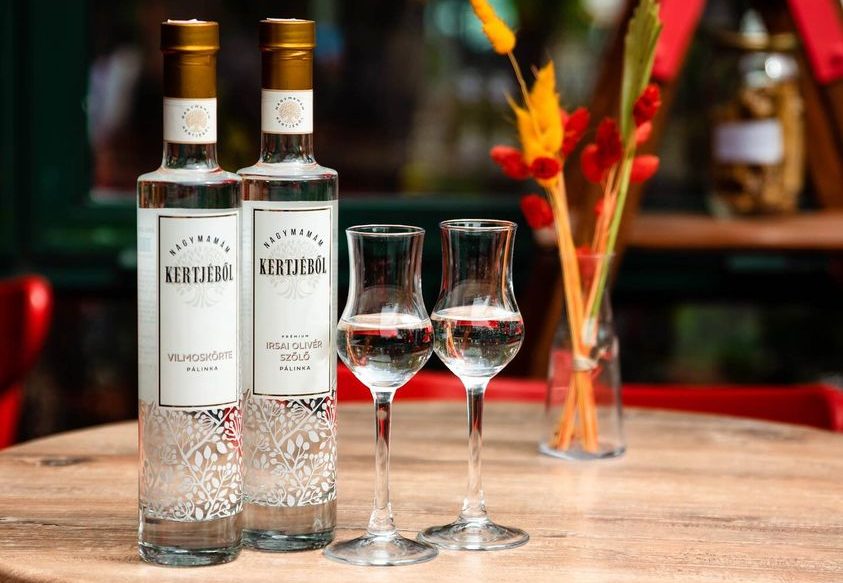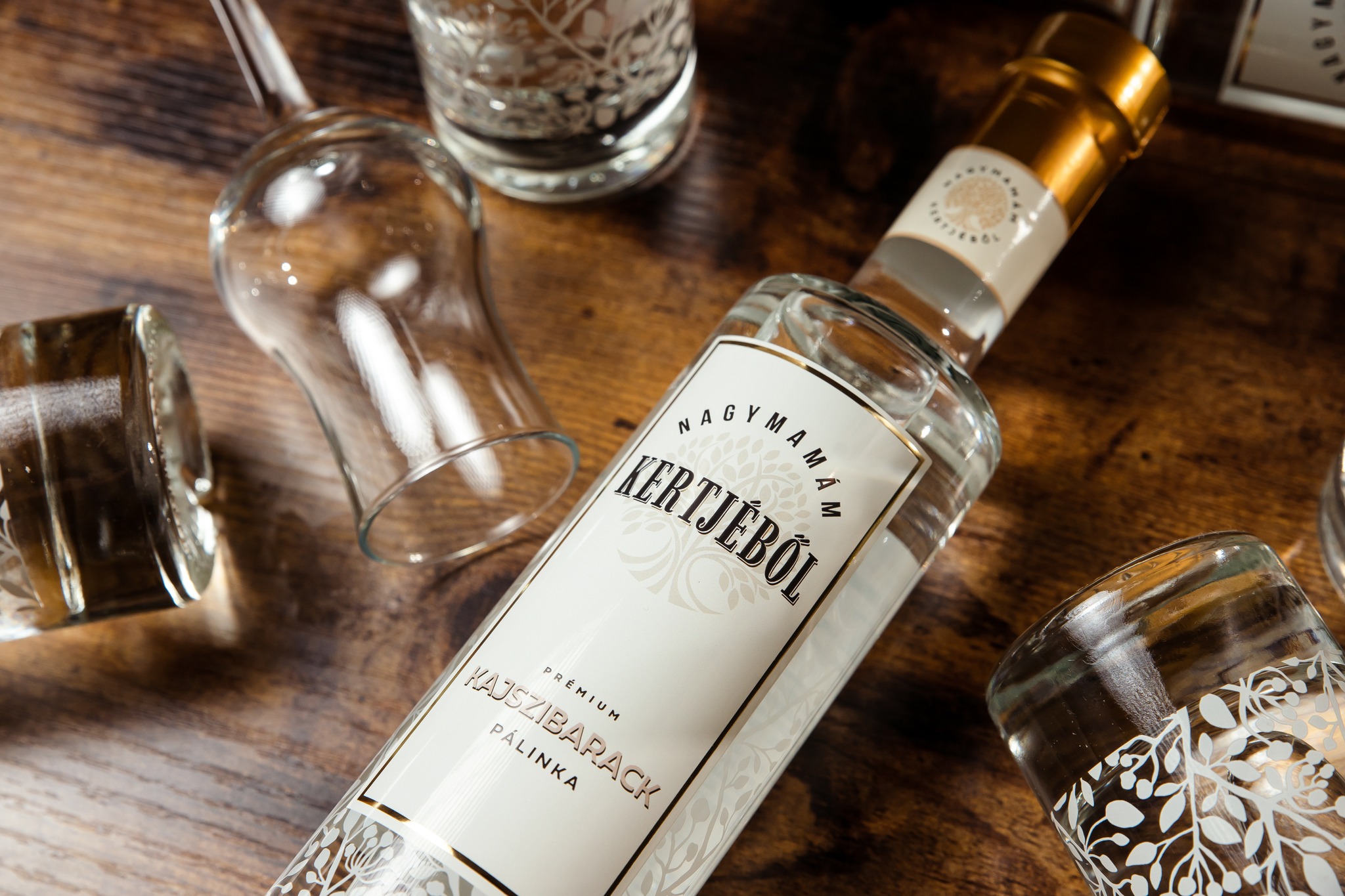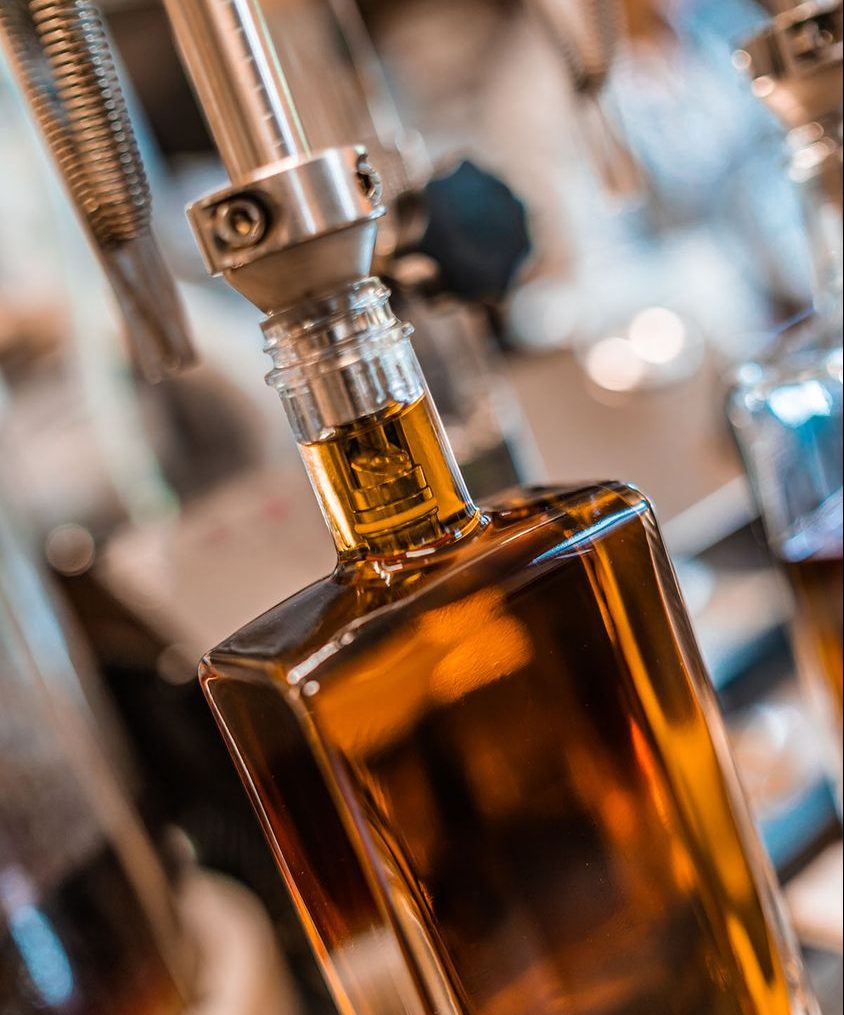
The next decision on the inclusion of new products will be in 2025.Continue reading

Pálinka (fruit brandy) is one of the trademarks of Hungary, which has been a true national treasure for centuries, binding us together even in the storms of history and uniting our nation, said Minister of Agriculture István Nagy at the 6th Pannónia Párlatverseny Awards Gala in Sormás (western Hungary) on Saturday.
The Minister said that the making of pálinka is a skill and tradition handed down from generation to generation, which is still cultivated by the Hungarian people in every corner of the former Kingdom of Hungary. This is how it became part of the culture and how it fits into the country’s traditions. In addition,
the Hungarian government should give special recognition to pálinka, its brewer, and its craft.
István Nagy also stressed that “it is fantastic that after so much struggle, after so much fighting, pálinka can finally be freely brewed and consumed”. Since the end of the communist regime (1989), producers, breweries, traders, and tourism professionals have done a lot to revive the traditional Hungarian pálinka culture, for which the legal framework has been created. Since 2002, only drinks containing 100% fruit spirit from Hungarian fruit can bear the name pálinka, and the European Union has accepted the exclusive use of the name in Hungary. The 2008 “pálinka law” and the introduction of free pálinka distillation in 2010, contributed greatly to the success of the pálinka, the Minister noted.
Only fruit spirits mashed, distilled, matured, and bottled in Hungary and similar apricot spirits from four provinces in Austria can be called pálinka. While it may be made out of any locally grown fruit, the most common ones are plums, apricots, apples, pears, and cherries. Pálinka is traditionally made from a mash of ripe fruit. However, the law does not control the addition of other non-concentrated fruit juice, and also allows the use of fruit pulp. Dried fruits are not allowed or used in the mash but may be used in the aging process of the liquor.
Because of the strict description of what does and does not constitute true pálinka, many popular Hungarian alcoholic products were rebranded as szeszes ital, or “spirit drinks.” Even traditional pálinkas mixed with honey were re-categorized as spirit drinks — or liqueur, if the sugar content exceeds the required limit.

Photo via Facebook/Árpád Pálinka
The Agriculture Minister added:
This has restored the prestige of our national drink to its rightful place, and Hungarian spirits are once again among the world’s leading spirits.
Furthermore, this required not only dedication and knowledge, but innovation and the right mix of traditions. Our traditions keep us alive and innovation drives us forward. This is the secret of the recipe and of good spirits,” he concluded.
Via MTI; Featured image via Facebook/Nagymamám kertjéből